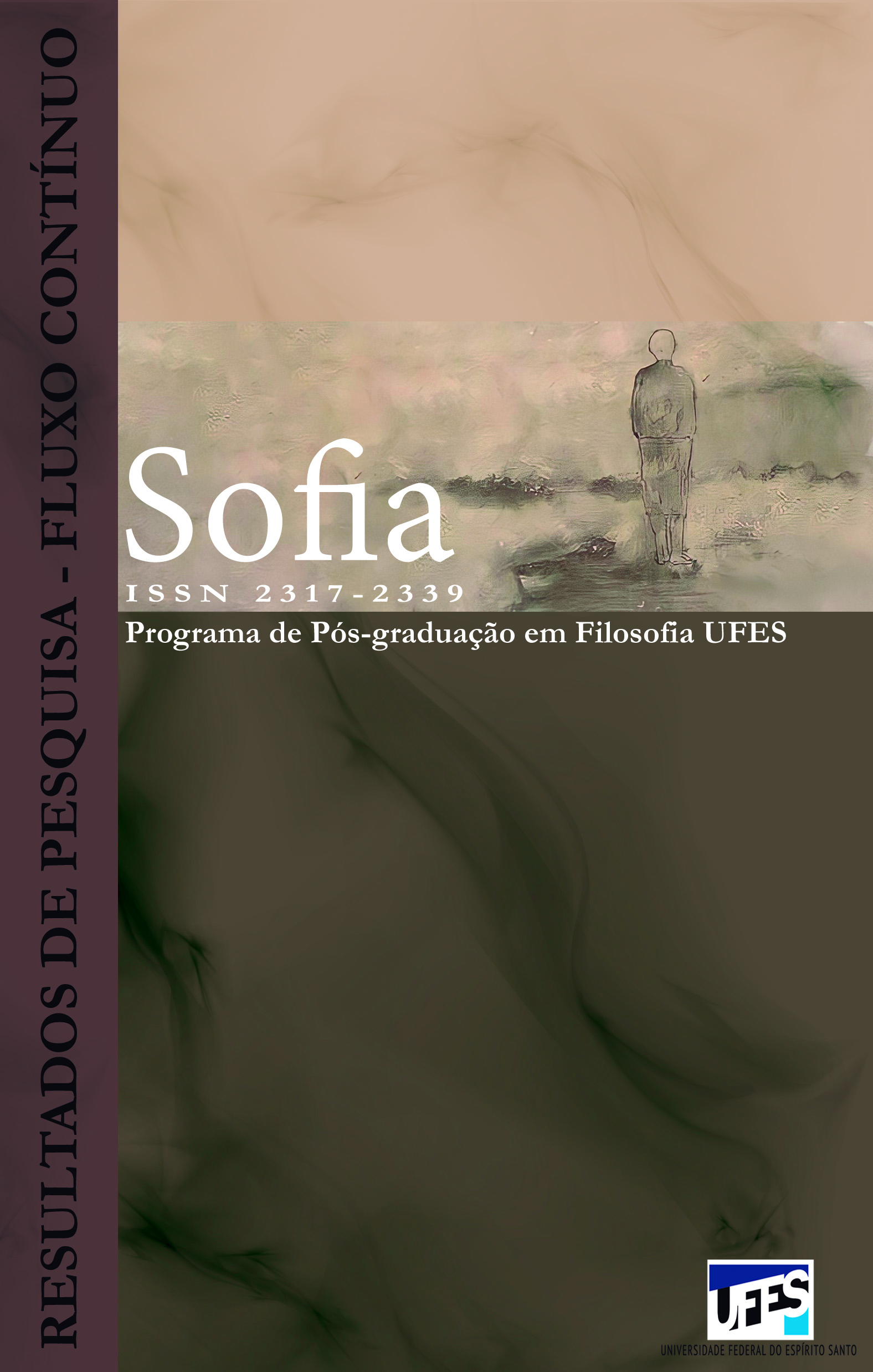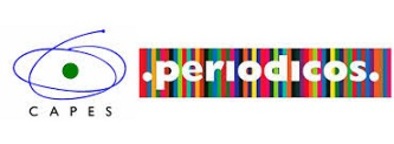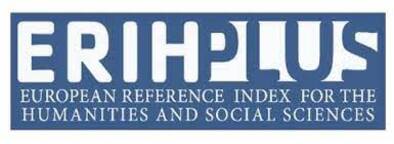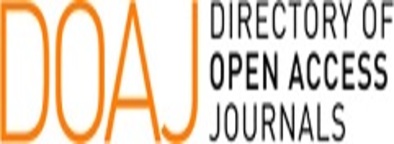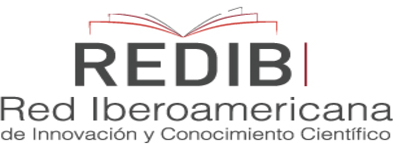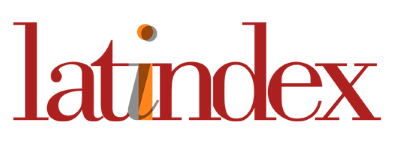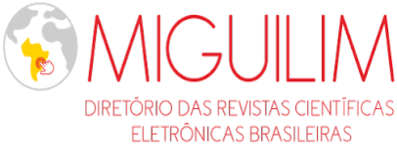Filosofia sincrítica e poesia em Friedrich Von Hardenberg [Novalis]; Syncritic philosophy and poetry in Friedrich Von Hardenberg [Novalis]
DOI:
https://doi.org/10.47456/sofia.v11i1.31891Palavras-chave:
filosofia, natureza, poesia, sincriticismo, philosophy, nature, poetry, syncriticism, Deus, GodResumo
Investigamos, no pensamento de Friedrich von Hardenberg (Novalis), como a poesia e filosofia se nutrem uma da outra, sendo a filosofia fonte de conceitos que permitem investigar o dinamismo do mundo natural e integrar os diversos saberes na enciclopédia e a poesia, a capacidade de atingir saberes intuitivos, superando os limites da filosofia. A poesia como capacidade de superar a oposição sujeito-objeto se desdobra na possibilidade de uma concepção não-dualista, neoplatônica de Deus, e na integração entre idealismo e realismo, via filosofia sincrítica, isto é, uma filosofia que aprendeu com a poesia. Também essa forma de arte se nutre da filosofia, para ser completa. Destacamos como Novalis já apresenta muitas intuições que serão encontradas no idealismo alemão: a importância da filosofia da natureza; a identidade entre sujeito e objeto; Deus como razão, ou absoluto; a superioridade da arte em relação à filosofia (como faz Schelling no Sistema do idealismo transcendental); a crítica à filosofia como sistema do Schelling tardio.
Abstract
We investigate, in Friedrich von Hardenberg’s thought, how Philosophy and poetry nourish one another. Philosophy is a source of concepts that enable the investigation of the natural world and its dynamic character, integrating many sources of knowledge in the encyclopedia. Poetry, on the other hand, reaches intuitive forms of knowledge, inaccessible to Philosophy alone. Poetry as a capacity of overcoming the subject-object opposition unfolds in the possibility of a nondualistic, Neoplatonic conception of God, and also in the integration between idealism and realism, by means of the syncritic Philosophy, i.e., a philosophy that has learnt from poetry. Poetry, on the other hand, can only become complete by means of philosophy. We emphasize how Novalis presents many insights that will be met in German Idealism: the
importance of the philosophy of nature; the identity between subject and object; God as reason; art conceived as superior to philosophy (Schelling in the System of Transcendental Idealism); late Schelling’ criticism of philosophy as a system.
Referências
AUTOR, “Crítica do juízo teleológico e organismo em Kant e Schelling”. Doispontos: Curitiba, São Carlos, vol. 2, n. 02 (2015): 123-135. Disponível em: https://revistas.ufpr.br/doispontos/article/view/38898/26528. Acesso em: 21 Jun 2020.
AUTOR, “A pintura abstrata e Schelling: atravessar a “pele da natureza””. Princípios (UFRN), v. 24, n. 45, (2017a): 59-79. Disponível em: https://periodicos.ufrn.br/principios/article/view/11877. Acesso em: 21 Jun 2020.
AUTOR, “A relação entre ser humano e natureza a partir de Schelling e Moltmann”. Princípios: revista de filosofia, v. 26, n. 50 (2019): 81-97. Disponível em: https://periodicos.ufrn.br/principios/article/view/14041/11640. Acesso em: 02 Ago. 2019.
BEIERWALTES, W. Das wahre Selbst. Studien zu Plotins Begriff des Geistes und des Einen. Frankfurt am Main: Vittorio Klostermann, 2001.
BEISER, F. German Idealism. The struggle against subjectivism. 1781-1801. Cambridge, MA/London: Harvard University Press, 2002.
BEISER, F. The Romantic Imperative: The Concept of Early German Romanticism. Cambridge, MA/London: Harvard University Press, 2003.
CORÔA, P. P. da C. “Projeto Crítico e o Romantismo de Novalis”. Studia Kantiana n. 17, v. 2 (2019): 43-62. Disponível em: http://www.sociedadekant.org/studiakantiana/index.php/sk/article/view/339/pdf_33. Acesso em: 21 Jun 2020.
DURNER, M.; JANTZEN, J.; MOISO, F. (Hrsg.) Friedrich Wilhelm Joseph Schelling Historisch-kritische Ausgabe. Ergängzungsband: Wissenschafthistorischer Bericht zu Schellings Naturphilosophische Schriften 1797-1800. Stuttgart: Frommann-Holzboog, 1994.
FADEL, N. C. “A eterna busca da verdade em Die Lerhlinge zu Sais, de Novalis”. Pandaemonium Germanicum, v. 15 (2010): 37-49. Disponível em: https://www.scielo.br/scielo.php?script=sci_arttext&pid=S1982-88372010000100004&lng=en&nrm=iso&tlng=pt. Acesso em: 21 Jun 2020.
FRANK, M. Einführung in die frühromantische Ästhetik. Vorlesungen. Frankfurt am Main: Suhrkamp, 1989.
FRIEDELL, E. Novalis als Philosoph. München: Verlagsanstalt F. Bruckmann A.-G., 1904. Disponível em: https://archive.org/details/bub_gb_YHc_AAAAIAAJ/mode/2up. Acesso em: 21 Jun 2020.
GONÇALVES, M. “Schelling: filósofo da natureza ou cientista da imanência?”. In: PUENTE, F. R.; VIEIRA, L. A. (Orgs.). As filosofias de Schelling. Belo Horizonte: Editora UFMG, 2005, pp. 71-90.
HARTMANN, N. Die Philosophie des deutschen Idealismus. I. Teil. Fichte, Schelling und die Romantik. II Teil: Hegel. 2 Aufl. Berlin: Walter de Gruyter & Co, 1960.
HÖSLE, V. Philosophie der ökologischen Krise. Moskauer Vorträge. München: Verlag C. H. Beck, 1991.
KANT, I. Kritik der praktischen Vernunft. In: Kants Werke. Akademie-Textausgabe. Band V. Berlin: Walter de Gruyter & Co., 1968, pp. 1-163.
LEMOS, F. “Novalis: Filosofia e poética da medicina”. Kriterion, n. 142 (2019): 65-84. Disponível em: http://kriterion.fafich.ufmg.br/index.php/kriterion/article/view/460/114. Acesso em: 21 Jun 2020.
LOSSO, E.G. B. “História, analogia e natureza em Novalis”. Pandaemonium Germanicum, v. 23, n. 41 (2020): 125-152. Disponível em: http://www.revistas.usp.br/pg/article/view/172409/162010. Acesso em: 31 Jul 2020.
NASSAR, D. The Romantic Absolute. Being and Knowing in Early German Romantic Philosophy, 1795-1804. Chicago/London: The University of Chicago Press, 2014.
NOVALIS, Gesammelte Werke. Dritter Band: Fragmente II. Hrsg. Carl Seelig. Heerliberg/Zürich: Bühl-Verlag, 1946. Disponível em: https://archive.org/details/in.ernet.dli.2015.185724/page/n1/mode/2up. Acesso em: 22 Jun 2020.
NOVALIS, Gesammelte Werke. Vierter Band: Fragmente III. Hrsg. Carl Seelig. Heerliberg/Zürich: Bühl-Verlag, 1946. Disponível em: https://archive.org/details/in.ernet.dli.2015.183137. Acesso em: 22 Jun 2020.
NOVALIS, Gesammelte Werke. Zweiter Band: Fragmente I. Hrsg. Carl Seelig. Heerliberg/Zürich: Bühl-Verlag, 1945. Disponível em: https://archive.org/details/in.ernet.dli.2015.183137. Acesso em: 22 Jun 2020.
O’BRIEN, D. “Plotinus on matter and evil.” In: GERSON, L. P. (ed.). The Cambridge Companion to Plotinus. Cambridge: CUP, 1996, pp. 171-195.
PLOTINUS. Plotinus. The Enneads. Trans. A. H. Armstrong. Cambridge, MA: Harvard University Press, 1966-1988.
SCHELL, M. Poética do Romantismo – Novalis e o fragmento literário. São Paulo: Edusp, 2010.
SCHELLING, F. W. J. Aphorismen zur Einleitung in die Naturphilosophie. In: SCHELLING, F. W.J. Sämmtliche Werke. Erste Abtheilung. Siebenter Band. Stuttgart und Augsburg: Cotta, 1860, pp. 140-197. Disponível em: https://archive.org/details/smtlichewerke07p1sche. Acesso em: 20 Ago. 2020.
SCHELLING, F. W. J. Darstellung meines Systems der Philosophie. In: SCHELLING, F.W.J. Sämmtliche Werke. Erste Abtheilung. Vierter Band. Stuttgart und Augsburg: Cotta, 1859a, pp. 105-212. Disponível em: https://ia601600.us.archive.org/3/items/smtlichewerke04p1sche/smtlichewerke04p1sche.pdf. Acesso em: 02 Ago. 2020.
SCHELLING, F. W. J. Erster Entwurf eines Systems der Naturphilosophie (1799). In: SCHELLING, F. W. J. Friedrich Wilhelm Joseph Schelling Historisch-Kritische Ausgabe. Reihe I: Werke 7. Herausgegeben von Wilhelm Jacobs und Paul Ziche. Stuttgart: Frommann-Holzboog, 2001.
SCHELLING, F. W. J. System der gesammten Philosophie und der Naturphilosophie insbesondere (Aus dem handschriftlichen Nachlass). In: SCHELLING, F.W.J. Sämmtliche Werke. Erste Abtheilung. Vierter Band. Stuttgart und Augsburg: Cotta, 1859, pp. 657-738. Disponível em: https://archive.org/details/smtlichewerke06p1sche/page/n13/mode/2up. Acesso em: 20 Ago. 2020.
SCHLEGEL, A. Vorlesungen über schöne Literatur und Kunst. Erster Teil (1801-1802): die Kunstlehre. Heilbronn. Verlag von Gebr. Henninger, 1884. Disponível em: https://archive.org/details/deutschelittera08sauegoog. Acesso em: 25 Jun. 2020.
SELIGMANN-SILVA, M. “Friedrich Schlegel e Novalis: Poesia e Filosofia”. Revista Terceira Margem, v. 10, n. 15 (2006): 95-111. Disponível em: https://revistas.ufrj.br/index.php/tm/article/view/15074/9959. Acesso em: 21 Jun 2020.
SOUSA, M. C. dos S. “O Fragmento ou Aforismo: a expressão do pensamento da natureza tanto para os poetas românticos alemães quanto para Nietzsche”. Revista Trágica: Estudos sobre Nietzsche, v. 11, n. 1 (2008): 76-83. Disponível em: https://revistas.ufrj.br/index.php/tragica/article/view/23877/14857. Acesso em: 23 Jun 2020.
UERLINGS, H. Friedrich von Hardenberg, genannt Novalis. Werk und Forschung. Stuttgart: J. B. Metzler, 1991.
Publicado
Edição
Seção
Licença
Copyright (c) 2022 Sofia

Este trabalho está licenciado sob uma licença Creative Commons Attribution 4.0 International License.
Dada a política de acesso público da revista, o uso dos textos publicados é gratuito, com a obrigação de reconhecer a autoria original e a primeira publicação nesta revista. Os autores das contribuições publicadas são inteiramente e exclusivamente responsáveis por seus conteúdos.
I Os autores autorizam a publicação do artigo nesta revista.
II Os autores garantem que a contribuição é original e assumem total responsabilidade pelo seu conteúdo em caso de impugnação por terceiros.
III Os autores garantem que a contribuição não está sob avaliação em outra revista.
IV Os autores mantêm os direitos autorais e concedem à revista o direito de primeira publicação, sendo o trabalho licenciado sob uma Licença Creative Commons Atribuição-BY.
V Os autores são autorizados e incentivados a divulgar e distribuir seu trabalho on-line após a publicação na revista.
VI Os autores dos trabalhos aprovados autorizam a revista a distribuir seu conteúdo, após a publicação, para reprodução em índices de conteúdo, bibliotecas virtuais e similares.
VII Os editores reservam o direito de fazer ajustes no texto e adequar o artigo às normas editoriais da revista.

